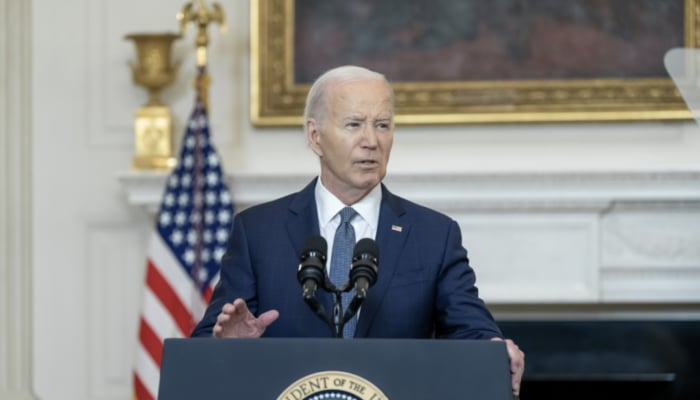
Article at a Glance
- End of Temporary Program: The Biden administration announced it will not renew a two-year humanitarian parole program for migrants from Cuba, Venezuela, Haiti, and Nicaragua.
- No Extensions: Migrants under the program will not receive an extension and must find alternative legal means to remain in the U.S. or face deportation.
- Who’s Affected?: Nearly 530,000 migrants arrived under the program, with over 96,000 from Nicaragua facing the most uncertainty.
- Exceptions: Haitians and Venezuelans may qualify for Temporary Protected Status (TPS). Cuban migrants can apply for green cards under the Cuban Adjustment Act.
- What’s Next?: Migrants are being advised to seek other legal statuses, such as asylum, or leave the U.S. when their parole expires.
The Biden administration announced Friday it will not renew a temporary humanitarian program that permitted hundreds of thousands of migrants from Cuba, Venezuela, Haiti, and Nicaragua to stay legally in the United States. The move leaves many of those migrants without a clear path to legal residency, forcing them to either find alternative immigration solutions or face deportation.
The program, known as the CHNV initiative, was created in late 2022 as a measure to curb illegal border crossings, allowed migrants from these four countries to legally live and work in the U.S. for two years if they had financial sponsors and passed background checks. Since its inception, more than 530,000 migrants have used the program to legally fly into the U.S. and obtain temporary legal status. The largest number of arrivals were from Haiti, totaling around 214,000, followed by 117,000 Venezuelans, 111,000 Cubans, and 96,000 Nicaraguans.
While the administration will continue to accept new applicants under the initiative, existing migrants will not be granted extensions, according to the Department of Homeland Security (DHS).
“This two-year period was intended to enable individuals to seek humanitarian relief or other immigration benefits for which they may be eligible, and to work and contribute to the United States,” DHS spokeswoman Naree Ketudat said in a statement. However, migrants who have yet to secure another legal status will be required to leave the country or face removal proceedings.
Pathways for Migrants from Affected Nations
The program’s expiration will affect migrants differently, depending on their nationality. Haitian and Venezuelan nationals may still qualify for Temporary Protected Status (TPS), which provides temporary protection from deportation and work permits. Haitians who arrived before June 2024 and Venezuelans who entered before July 2023 are eligible for TPS. Meanwhile, Cuban migrants can pursue permanent residency under the Cuban Adjustment Act, a law dating back to 1966.
However, the nearly 100,000 Nicaraguans who entered the U.S. under the program are in a more precarious position. Unlike Cubans, Haitians, and Venezuelans, Nicaraguans do not have a designated legal status to shield them from deportation, leaving them with few options aside from seeking asylum. Asylum is available to those who can prove persecution based on their race, religion, political views, or other protected grounds. But the bar for asylum is high, and not all will qualify.
Immigration advocates have criticized the decision not to renew the program, arguing that the affected migrants are being unfairly singled out. Critics have pointed out that similar programs for Afghan and Ukrainian refugees were extended, allowing those groups to remain in the U.S. for longer.